Mercy was at the heart of the liturgy on Tuesday, 1 March. It was the “most repeated word” and thus the focus of Pope Francis’ reflection during Mass at Santa Marta.
This concept resonated throughout the entire liturgy. In the Responsorial Psalm we repeated the phrase: “Remember your mercies, O Lord”. It is, the Pontiff explained, like “saying: Remember your name, O Lord: your name is mercy!”. In the first reading as well, taken from the Book of the Prophet Daniel (3:25, 34-43), the request for mercy is at the centre of the narrative. Indeed, it tells of the “prayer of Azariah, one of the young men who were sent to the furnace because they did not want to worship the golden image”. Azariah “asked for mercy, for himself and for the people; he asked God for forgiveness”. He was not seeking “superficial forgiveness”, not a simple stain removal “like they do when we take a suit to the dry cleaner”. The request, Pope Francis emphasized, was for “heartfelt forgiveness” which, when it comes from God, “is always mercy”.
Azariah “asks humbly: ‘For thy name’s sake, remember Abraham, Isaac, Jacob”. In other words, he “reminds God of all his promises”, but acknowledges the need of forgiveness: we “are brought low this day in all the world because of our sins. And at this time there is no prince, or prophet, no burnt offering”.
Here, Francis said is where the second key word of the day’s meditation comes in: “forgiveness”. The dynamic is the following: “I turn to God, remind him of his mercy and ask his forgiveness” — but “forgiveness as God gives it”.
The Pontiff then expanded on a characteristic of the forgiveness of God, whose perfection is so incomprehensible to us men and women: he reaches the point of “forgetting” our sins. “When God forgives”, the Pope said, “his forgiveness is so great that it is as if ‘he has forgotten’”. Thus, “once we are at peace with God through his mercy”, if we ask the Lord: “Do you remember that bad thing that I did?”, he might answer: “Which one? I don’t remember…”.
Francis explained that this is “completely the opposite of what we do”, and which often comes out in our “gossip: ‘This person did this, he did this, he did that…’”. We “do not forget”, and we keep an “ancient, middle, mediaeval and modern history” for many people. The reason for this can be found in the fact “that we do not have a merciful heart”.
Turning to the Lord, however, Azariah is able to “appeal” to his mercy, that “he grant us forgiveness and salvation and forget our sins”. Therefore he asks the Lord: “deal with us in thy forbearance and in thy abundant mercy. Deliver us”! It is the same prayer that returns in the Responsorial Psalm: “Remember your mercies, O Lord”.
The same topic appears again in the day’s passage from the Gospel of Matthew (18:21-25). Here the main character is Peter, who “had heard the Lord speak many times about forgiveness, about mercy”. The Apostle, apparently, in his simplicity, — for “he had not studied much; he was not a scholar; he was a fisherman” — did not fully understand the significance of those words. However, “he came up to Jesus and said to him, ‘Lord, how often shall my brother sin against me, and I forgive him? As many as seven times?’”. Seven times may have even seemed “generous” to Peter. But “Jesus said to him, ‘I do not say to you seven times, but seventy times seven’”.
To better explain this, Jesus told the parable of the king “who wished to settle accounts with his servants”. Scripture recounts that a servant came to him, one “who owed him ten thousand talents”, an enormous amount for which, “according to the law of those times”, he would have been forced to sell “all he had, even his wife, children and fields”. At this point, the Pope said, the debtor “began to weep, asking for mercy, for forgiveness”, until “the master had ‘compassion’”.
“Compassion”, the Pontiff explained, is another word that comes easily alongside the concept mercy. When the Gospels speak about Jesus and when they describe his encounter with a sick man, they say in fact that he “had ‘compassion’ for him”.
The parable then continued with the master who “released” the servant and “forgave him the debt”. It was “a large debt”. However, when that servant then met “a companion who owed him a debt of small change, he wanted to send him to prison”. That man, the Pope explained, “did not understand what his king had done with him” and thus he “behaved selfishly”. At the end of the narrative the king summoned the servant back and jailed him because he had not been “generous”. In other words, he had not done “unto his companion as God had done with him”.
In order to apply the lesson to everyone, Francis recalled the words of the Our Father, in which we say: “Forgive us our debts as we forgive our debtors”. He explained that this is “an equation”. In other words, “if you are not capable of forgiveness, how can God forgive you?”. The Lord “wants to forgive you”, the Pope added, “but he cannot if you keep your heart closed and mercy cannot enter”. One might object: “Father, I forgive, but I cannot forget that awful thing that he did to me…”. The answer is to “ask the Lord to help you forget”. In any case, the Pontiff added, it may be true that “one can forgive, but one does not always manage to forget”, but an attitude of you’re “forgiven” but “you’ll pay for this” is surely unacceptable. Instead, one must “forgive as God forgives”, and God “forgives the maximum”.
In concluding his meditation, the Pope considered our everyday difficulties: “It is not easy to forgive; it is not easy”, he acknowledged. He recalled that in may families there are “siblings who argue over the inheritance from their parents, and then don’t say hello to one another for the rest of their lives; so many couples fight, then hatred grows and grows, and that family ends up destroyed”. These people “are not capable of forgiveness. This is bad”.
Francis then expressed the hope that Lent “prepare our heart to receive God’s forgiveness. But to receive it and then do the same with others: heartfelt forgiveness”. To have, in other words, an attitude that leads us to say: “You might never say hello to me, but in my heart I have forgiven you”.
This is the best way, Pope Francis concluded, to get closer to something “so great” of God, and “that is mercy”. Indeed, “in forgiving we open our heart for God’s mercy to enter and forgive us”. We all have reasons to ask God’s forgiveness: “Let us forgive, and we shall be forgiven”.


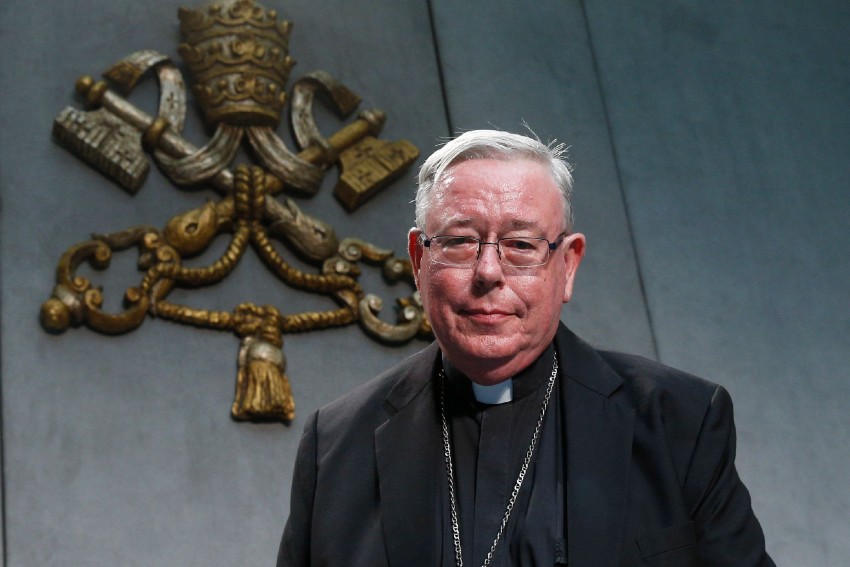
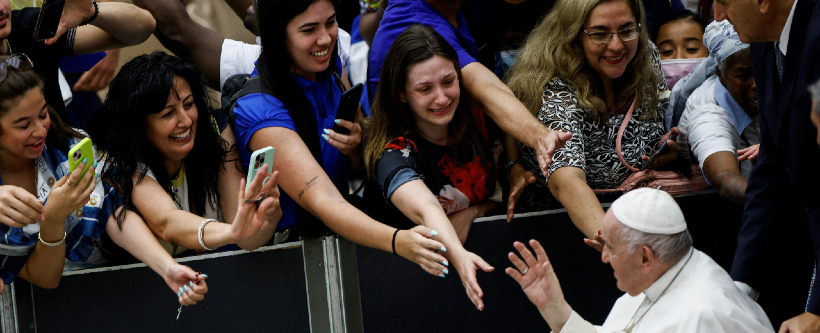
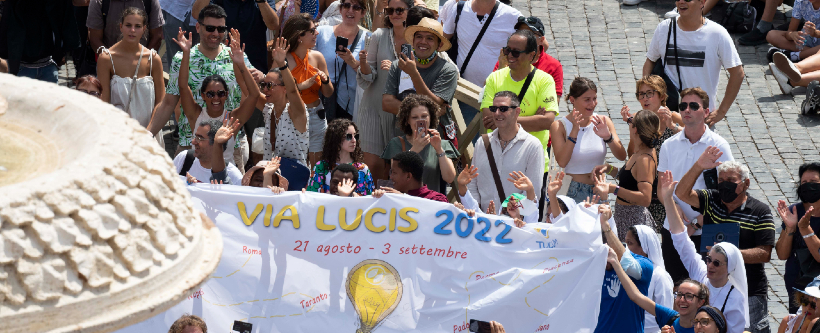
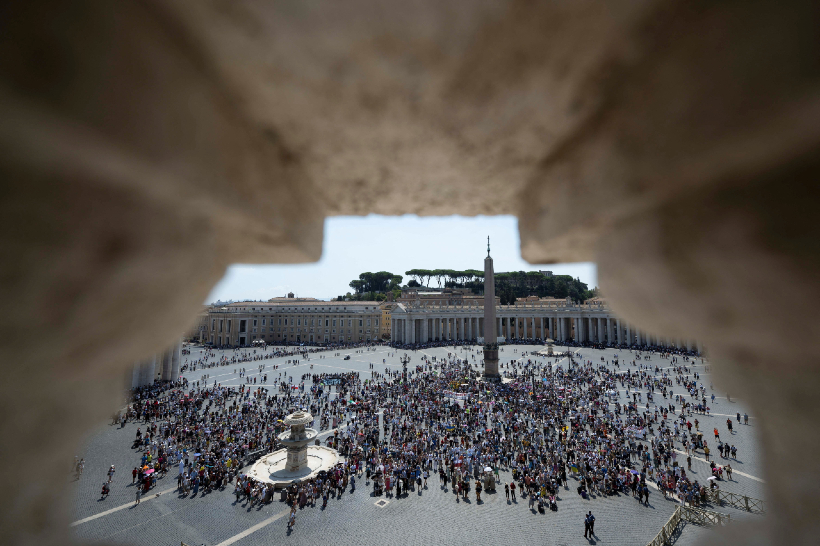
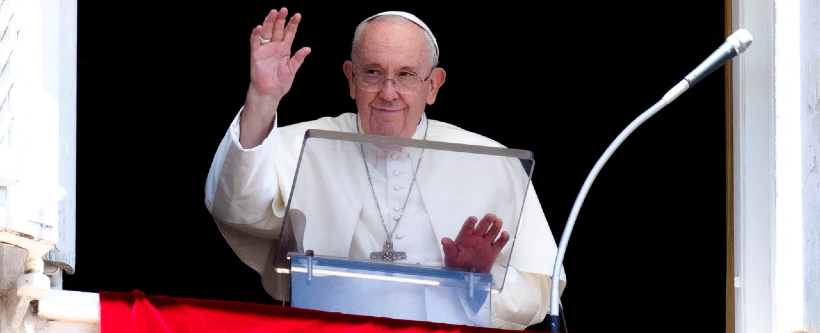
Facebook Comments